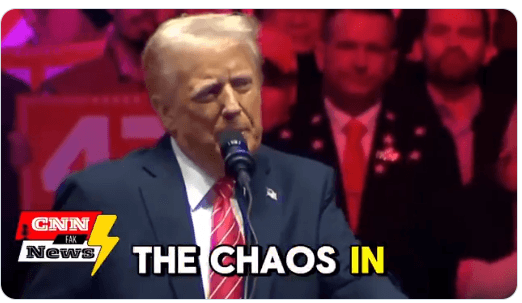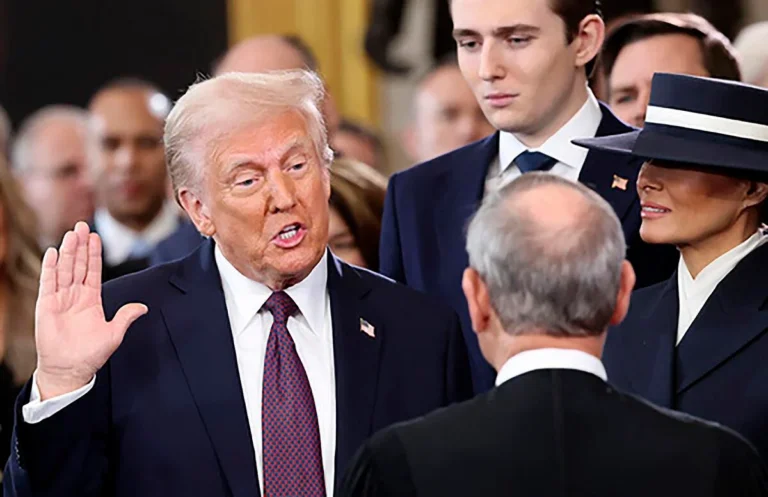President-elect Donald Trump is reportedly preparing to declare a national emergency as part of his strategy to enact significant policy changes, particularly in the domains of energy production and immigration.

In terms of energy policy, Trump is set to invoke emergency powers to reverse climate change policies implemented by the previous administration, focusing on increasing domestic energy production. This move is aimed at allowing oil and gas development on federal lands and scaling back climate regulations. The declaration is expected to utilize emergency authorities under various laws, including those that could permit the construction of new energy facilities by potentially bypassing standard regulatory processes. This approach would mark a significant shift from the environmental focus of the Biden administration, with Trump planning to lift restrictions on new U.S. licenses for exporting liquefied natural gas and possibly rescinding federal incentives for electric vehicles.
Regarding immigration, there are indications that Trump might use a national emergency declaration to facilitate mass deportations and to address what he describes as a “humanitarian and national security crisis” at the U.S.-Mexico border. This could involve redirecting military funds or using executive authority to bypass Congress’ refusal to fund a border wall, a tactic Trump employed during his first term. Discussions have also included potential uses of the military under emergency powers for deportation purposes, although legal experts question the extent of his authority in this regard.
These actions would leverage the broad emergency powers available to the president under the National Emergencies Act, which allows for the invocation of over 150 special statutory powers. However, any such declaration would likely face legal challenges, given the precedent and controversy surrounding previous emergency declarations by Trump, particularly concerning the separation of powers between the executive and legislative branches.
The use of emergency powers to unlock new executive authority has been a contentious issue, with critics arguing it could set dangerous precedents for future administrations, potentially undermining democratic norms by circumventing Congress. Conversely, supporters might argue that these powers are necessary to address urgent national issues swiftly. The effectiveness and legality of these actions would be subject to judicial review, considering past legal disputes over similar executive actions.





Trump to declare “National Emergency” to unlock new powers.